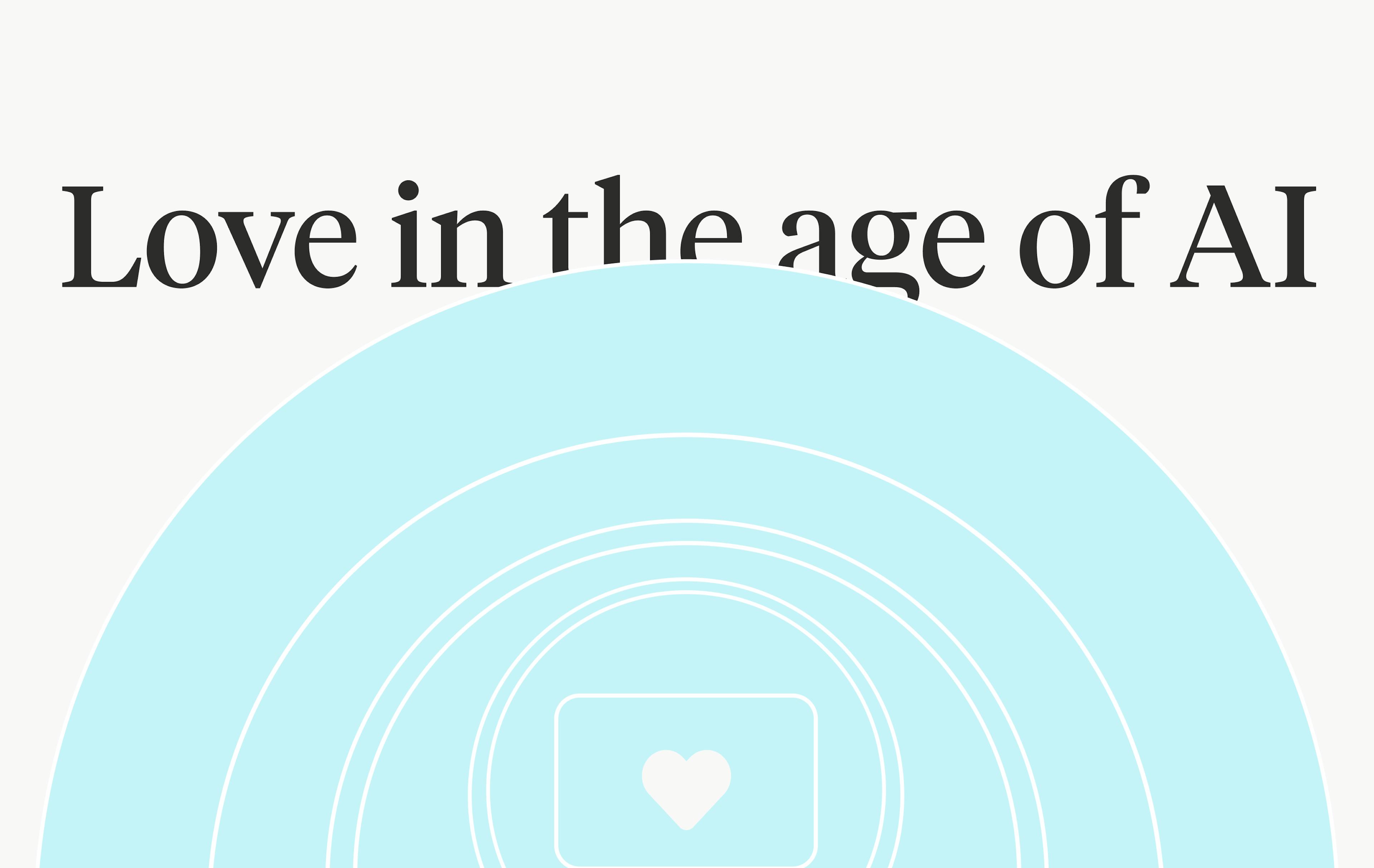
When it comes to love, there is no algorithm.
It’s a confused, messy and—at least for now—distinctly human endeavor. It’s also increasingly taking place online. And despite attempts to use AI to improve online dating by, say, un-cringing your profile, more often than not it’s only making it harder to know which profiles are genuine.
Valentine’s Day, known as Día del Amor y la Amistad in many Latin American countries, is more than just a celebration of romance. It reflects a deep-rooted cultural emphasis on love, where expressions of affection go beyond couples to include heartfelt gestures of appreciation for friends, relatives and community.
In the spirit of love rooted in these countries, World tapped its vast human network to look into one of the most popular spots to find love: the internet.
Record-breaking survey highlights impact of AI on online love
The survey was taken by more than 90,000 people across World Network, the largest such human-only online survey ever conducted. And the results are telling:
- Flirting with chatbots: More than a quarter of respondents (26%) admitted to flirting with a chatbot or AI, either for fun or unknowingly.
- Desire for human verification: A significant 90% of respondents indicated they would prefer dating apps to include a verification system to confirm that users are real humans.
- Suspicion of fake matches: 60% of participants have either suspected or discovered that someone they matched with was a bot or AI.
- Concern about bots and fake profiles: 61% of respondents say they’re concerned about encountering bots or fake profiles on dating apps.
- Lack of confidence in user verification: Two-thirds of respondents (66%) believe dating apps don’t take adequate measures to verify real humans.
- Phishing and bot interactions: 21% of respondents say they’ve experienced phishing attempts, 10% say they’ve interacted with bots and 15% say they’ve encountered both phishing and bots.

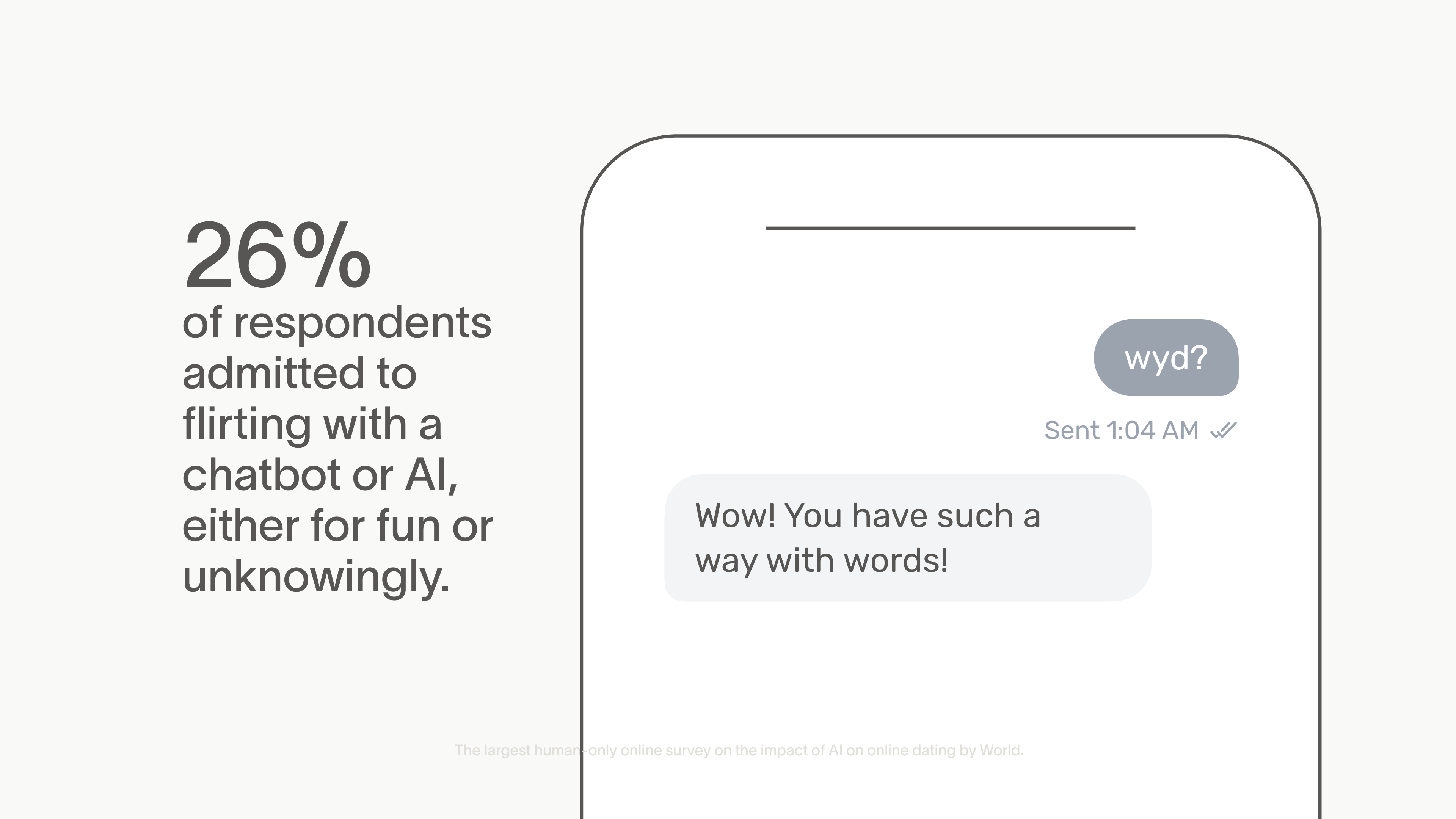
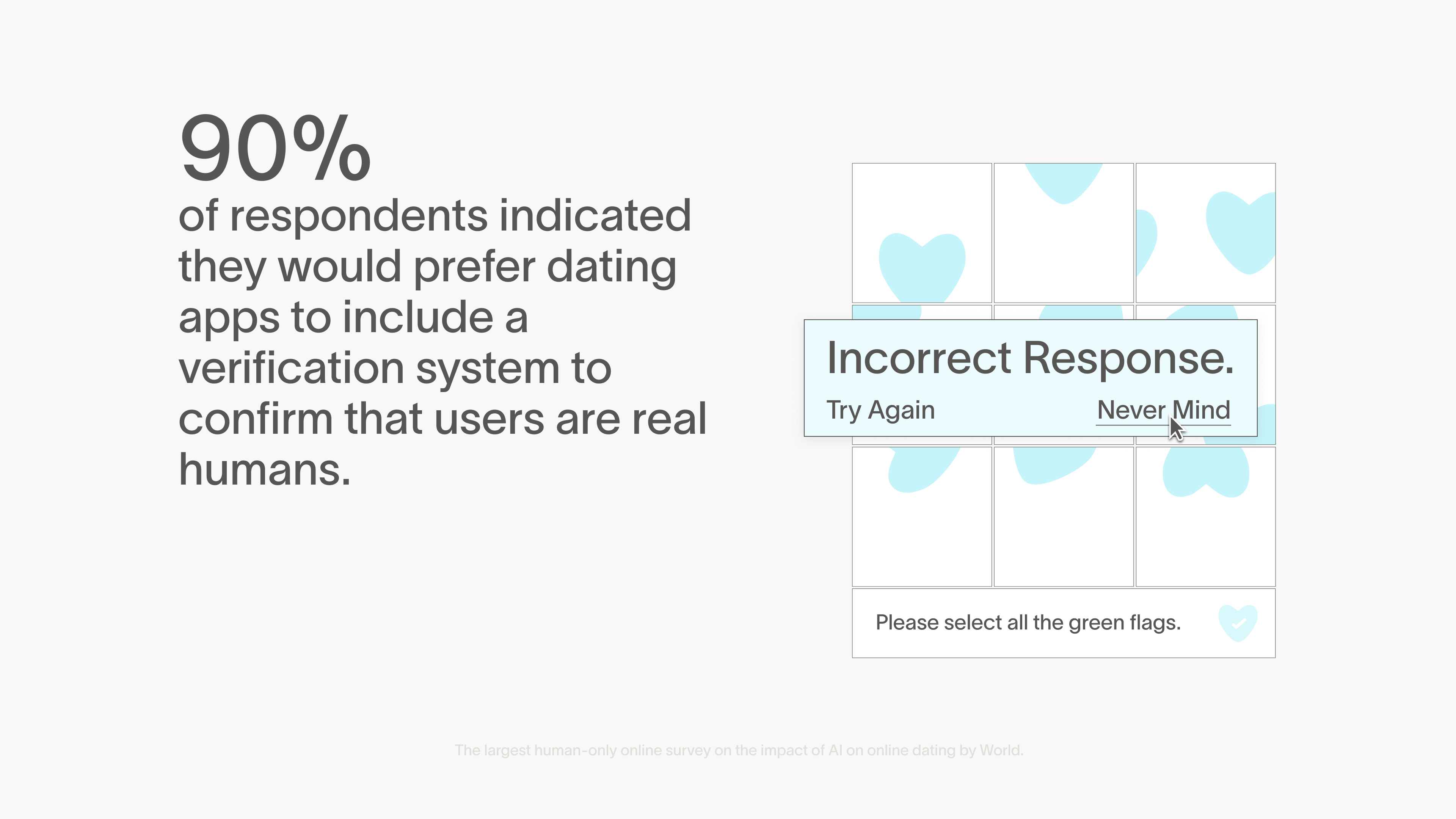
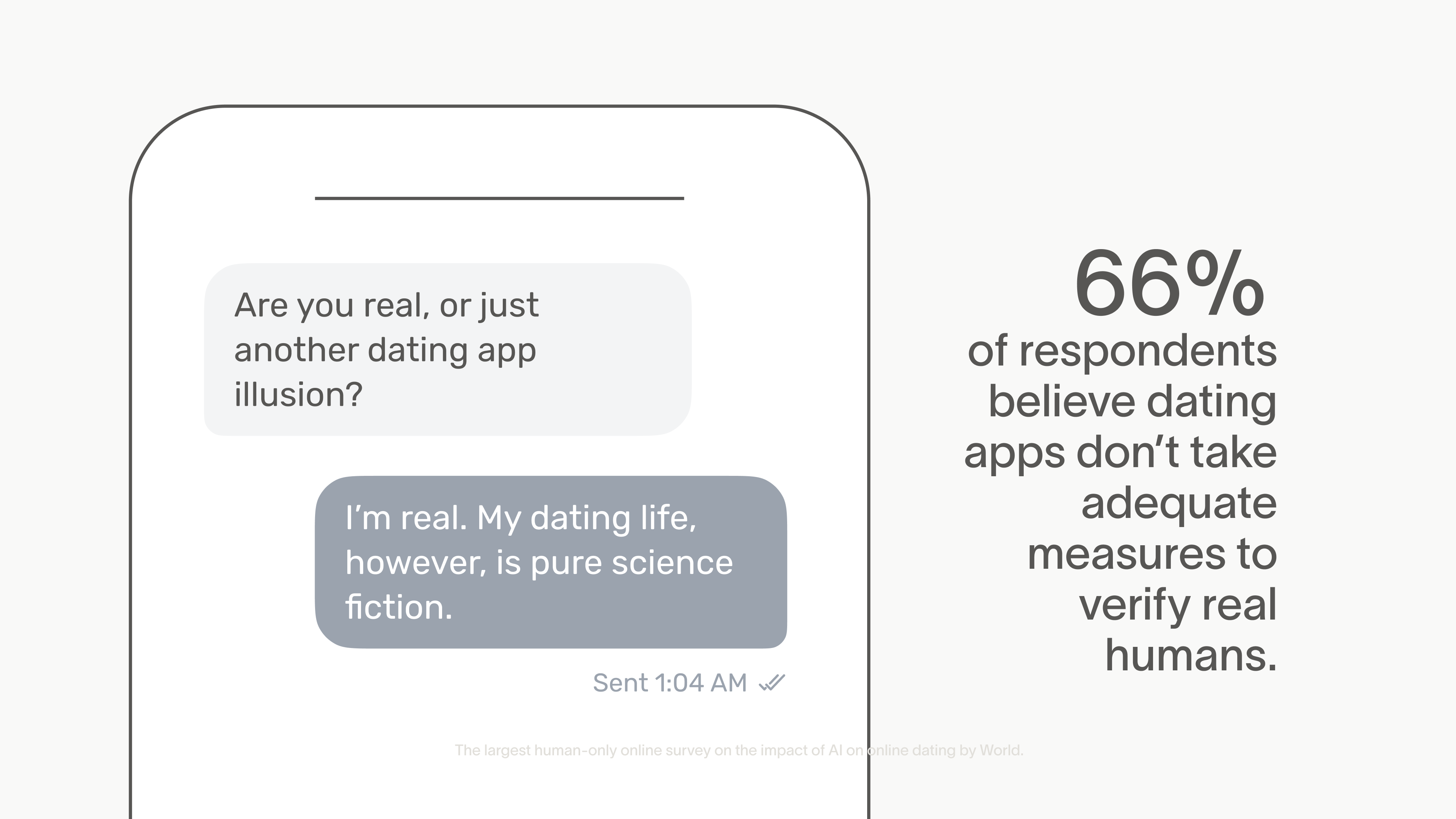
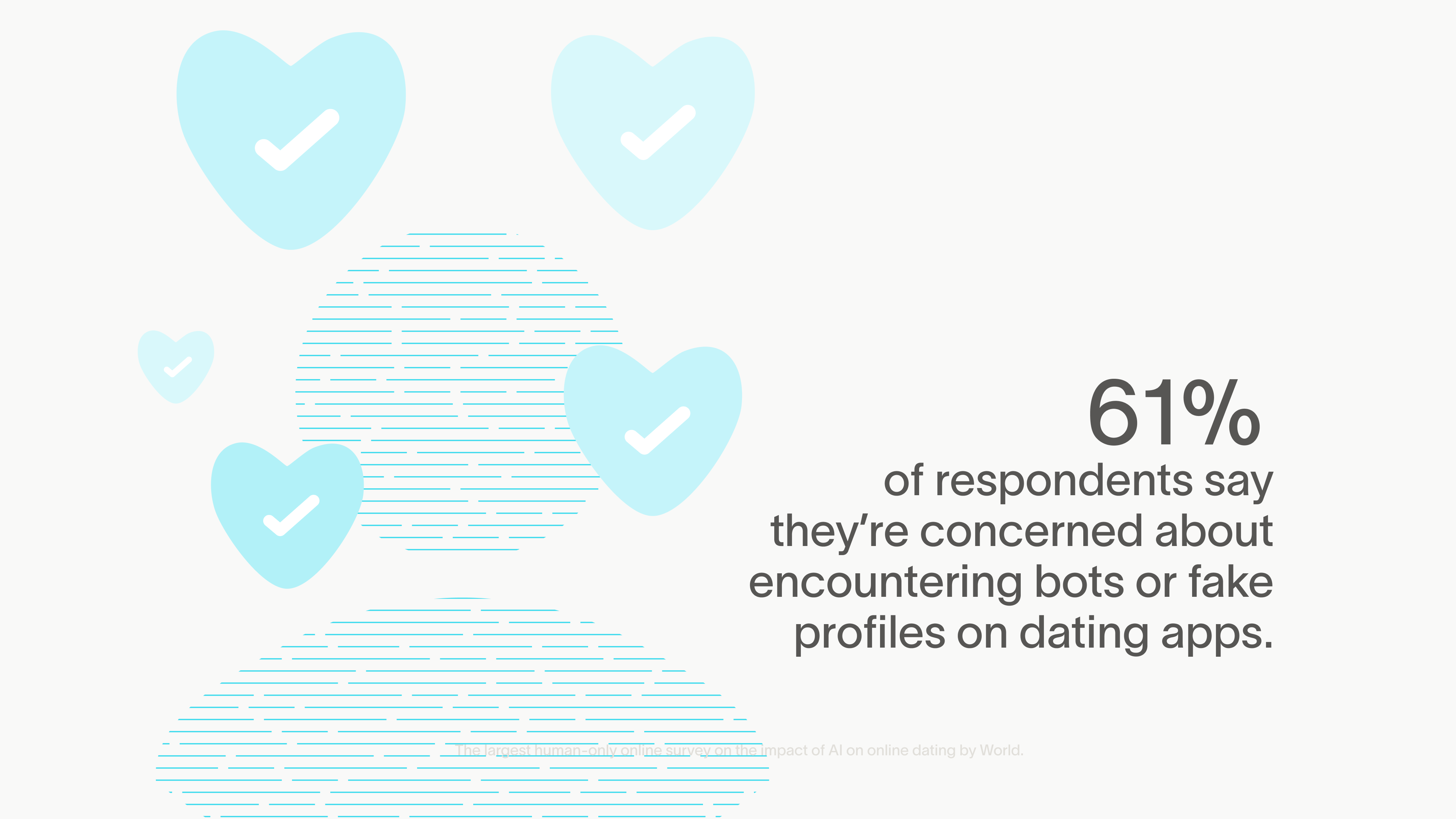
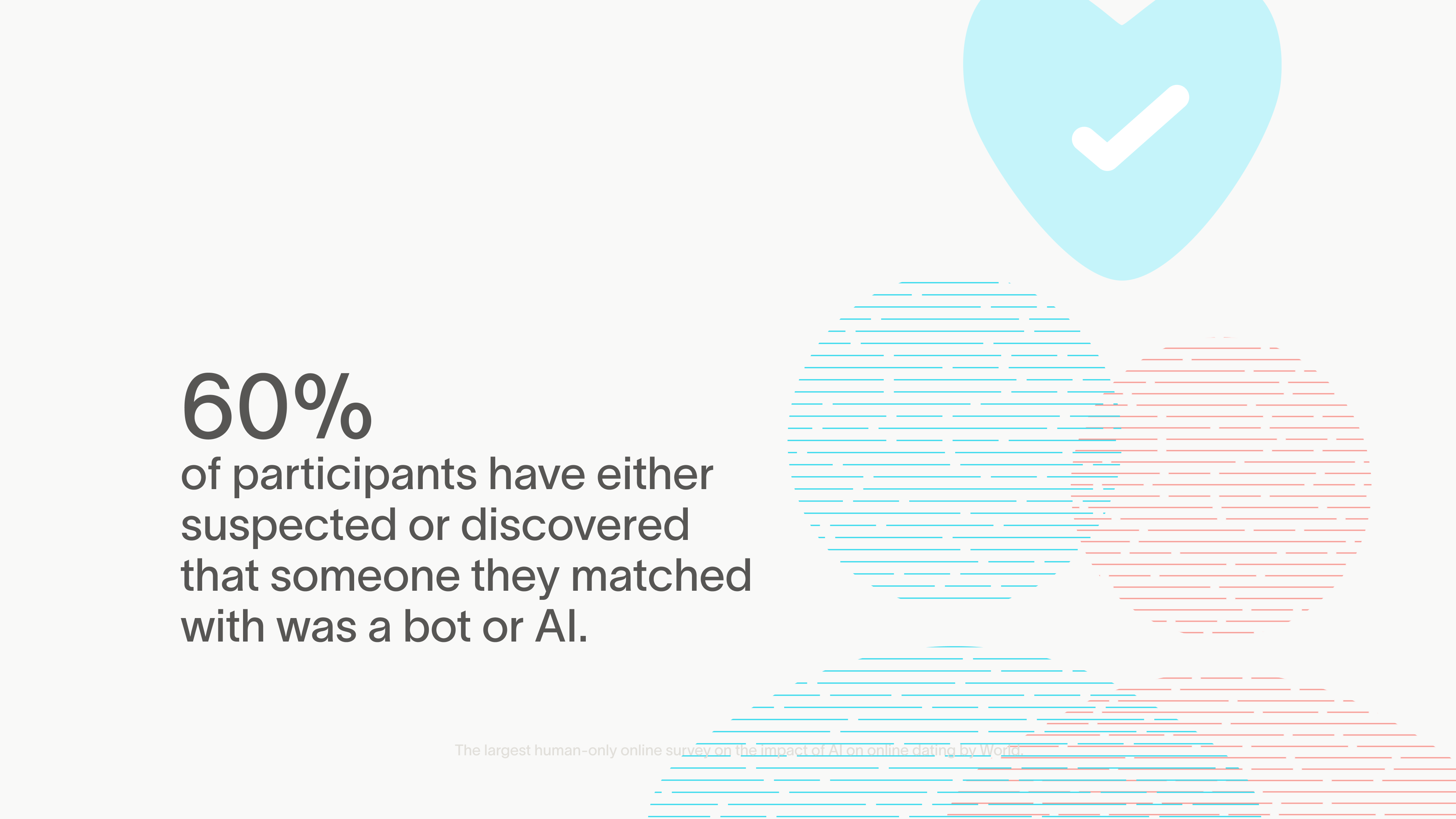
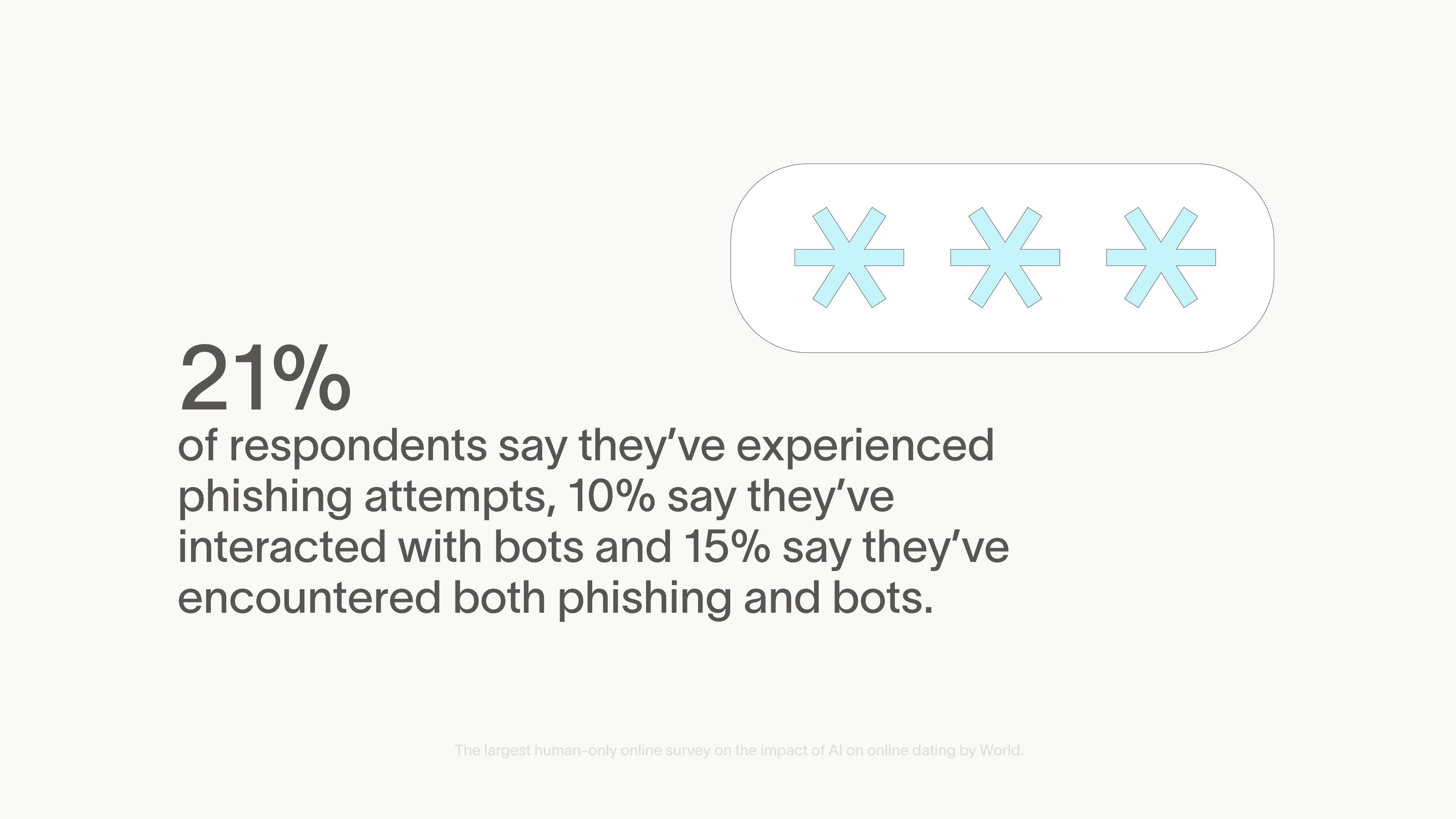
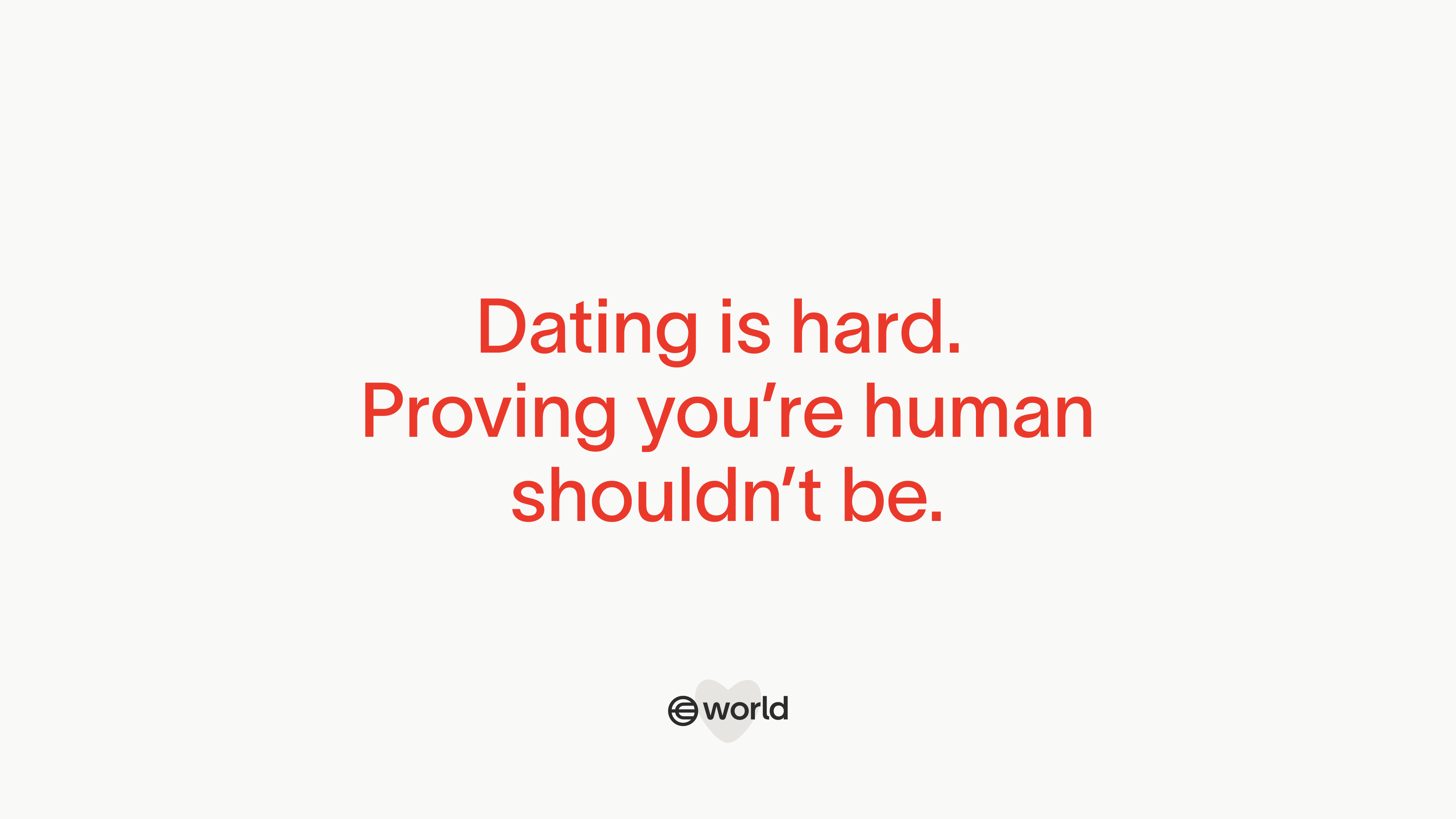
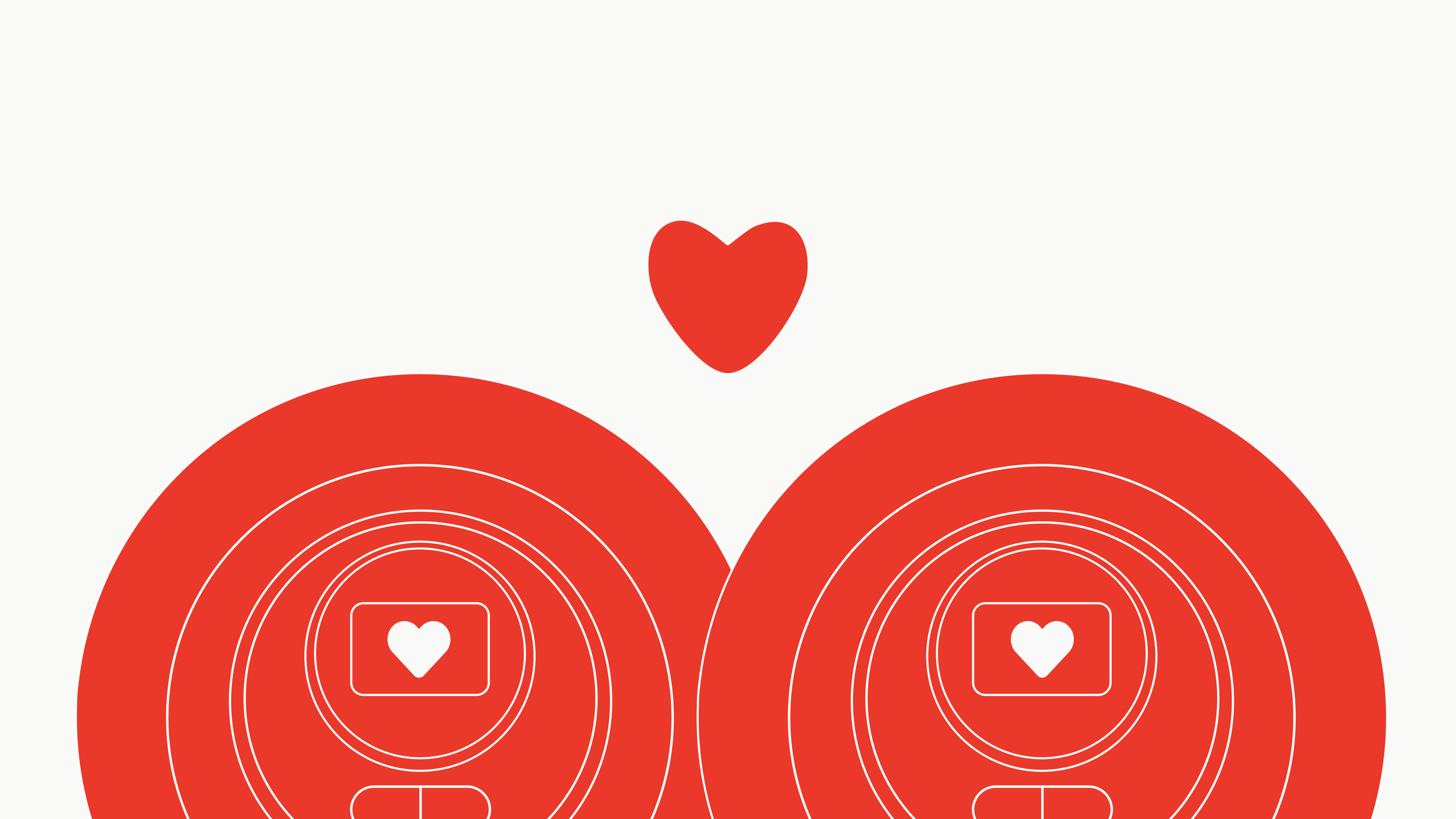
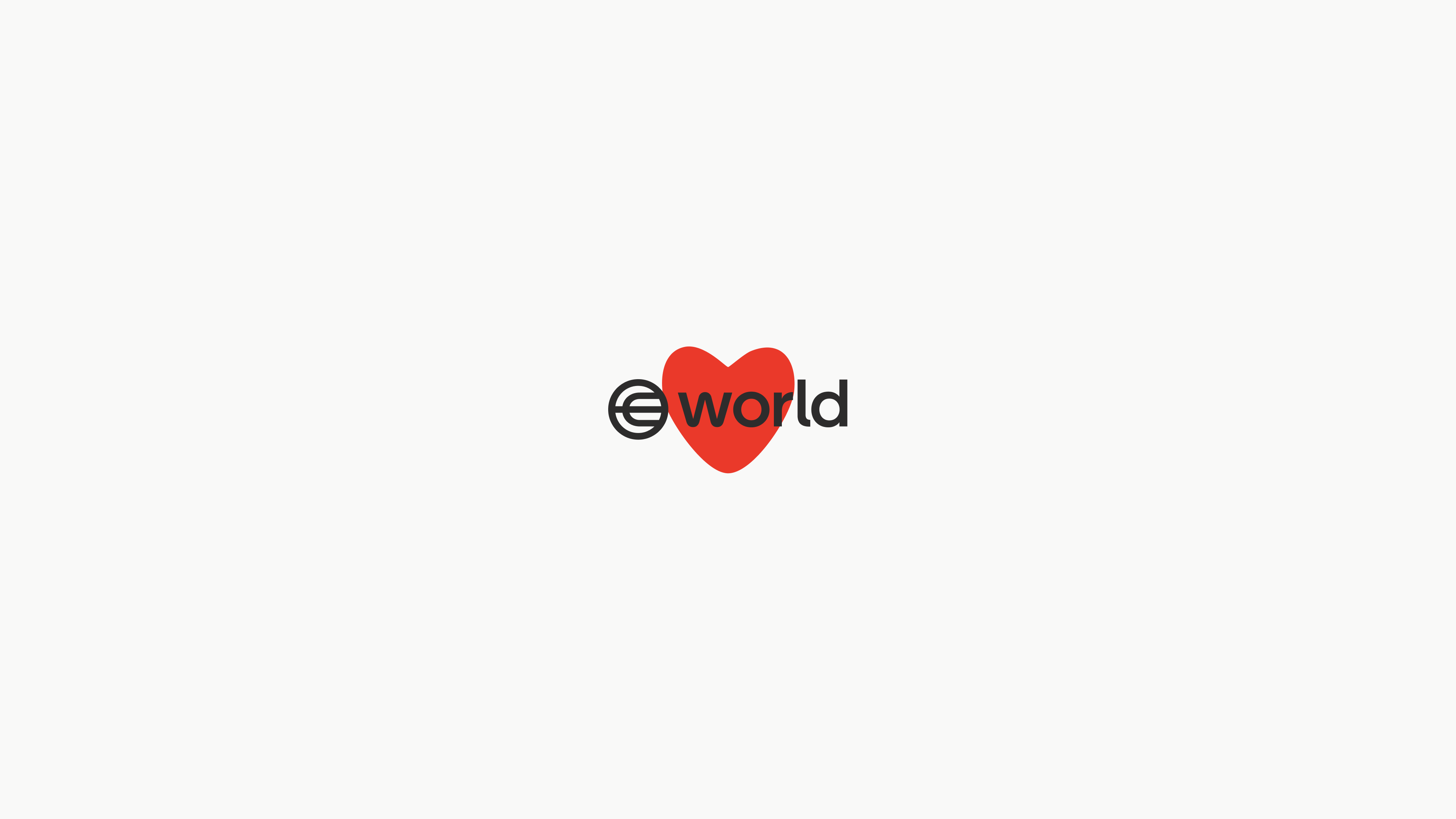
While survey results show just how much AI and bots have changed online dating, they also point to something else: the power of a verified human network.
There are currently more than 23 million people, including [11 million] verified humans, on World—the largest financial and identity network worldwide. With World ID and World App, those tens of millions of people can anonymously engage with everyday apps and services as unique individual humans, enabling everything from bot-free social networks and dating apps to fairer crypto distribution, better e-commerce and even more democratic digital governance.
"The challenge with bots and artificial intelligence is not just technical; it’s something deeper. It affects our emotional well-being,” said Mariana Kerz, a licensed couple’s therapist in Buenos Aires, Argentina. “Discovering that the person you thought you were talking to isn’t real can shatter any illusion and projection, leading to sadness and even more severe mental health issues, such as depression."
"Proof of human is key: knowing that there is a real person on the other side is important, not only to avoid fraud but also to protect our emotional health. The desire to love and be loved is in our genes, and when we encounter deceit, that hope can leave scars."
Learn more
To be the first to hear about new World surveys, visit the World website. You can also join the daily conversations on Twitter/X, WhatsApp, Telegram, Discord, YouTube and LinkedIn, or sign up for the blog newsletter at the bottom of this page.
Additional important information concerning the project is available in the World protocol whitepaper.
Disclaimer
The above content speaks only as of the date indicated. Further, it is subject to risks, uncertainties and assumptions, and so may be incorrect and may change without notice. A full disclaimer can be found in our Terms of Use and Important User Information can be found on our Risks page.